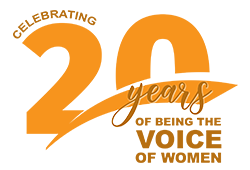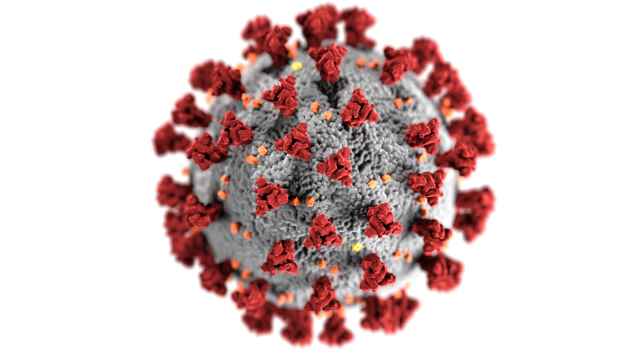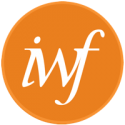By Irene Charnley
South African President Cyril Ramaphosa and leaders in government are entirely correct in keeping the country at alert level 1 while prioritising vaccination for all who access public spaces in the continued fight against Covid-19.
A possible fourth wave has been expected for some time. Managing Covid-19 protocols and increasing the number of vaccinated citizens is the way to go. This approach is better than restrictive lockdown levels, which would negatively affect the economic plight of ordinary South Africans as many sectors were beginning to return to a new form of normal operations.
Recent reports of the new Omicron variant caught the world by surprise and elicited what many have characterised as knee-jerk reactions, which saw the UK, EU, the US and other developed countries slapping travel bans on most southern African countries, including our country.
This was a rude shock for our travel and tourism industry, which was banking on the festive season for recovery as many companies were just inching above half-occupancy levels. The ripple effects will be felt throughout the whole economy, including government finances.
Our scientists and transparent leadership in managing the Covid-19 pandemic should be celebrated and not punished.
This is not a time for knee-jerk decisions and panic.
We support the president’s stance to challenge his fellow global leaders on their unjustified isolation of southern Africa, and in some cases alarmist messaging, when they should be celebrating our excellent scientists for identifying this variant early and being transparent about it with the rest of the world. Identifying the new variant does not mean it originates from South Africa and punishing us for transparency may disincentivise other countries to be more transparent.This is especially upsetting after world leaders committed to reopening international travel at a G20 meeting in Rome last month to kickstart recovery of the tourism sector worldwide.
These travel bans are not backed by science. Rather than broad travel bans, wealthy Western countries should focus on efficiently getting vaccines to less wealthy countries well before expiry and actively encourage the Covid-19 protocols in their own regions, especially wearing of masks in public spaces.
As the International Women’s Forum of SA (IWFSA), we are also deeply concerned by how the announcement of this new variant was handled by Western leaders. As all are aware, women bear the brunt of poverty more than most. Therefore, any further disruption of economic activity on the scale that we saw last year will throw millions more into poverty, including children. The impact on the tourism sector has a direct consequence on many jobs largely filled by women.The global pandemic’s ramifications for the majority of women, who carry the burden of care in all spheres of society, has certainly eroded the progress women have been making.
A study, commissioned by UN Women last year and the UN Development Programme (UNDP), estimated a 9.1% increase in the poverty rate for women because of Covid-19. We estimate this to increase with any destabilisation of our already fragile communities.
For us to fight and win against Covid-19 requires all hands on deck and cohesive leadership from both government as well as the private sector. South Africans need to continue playing their part too, in observing all Covid-19 protocols such as wearing masks, washing hands as well as getting vaccinated. This is paramount if we are to win this fight.
As IWFSA, we remain committed to continuing to work with government on the recovery of the economy, prioritising women as important stakeholders and agents of change.
Charnley is president of the International Women’s Forum of South Africa, a powerful organisation of 7 500 accomplished women from 36 nations on six continents.
This article was first published by City Press (30 November – Written by Irene Charnley)



